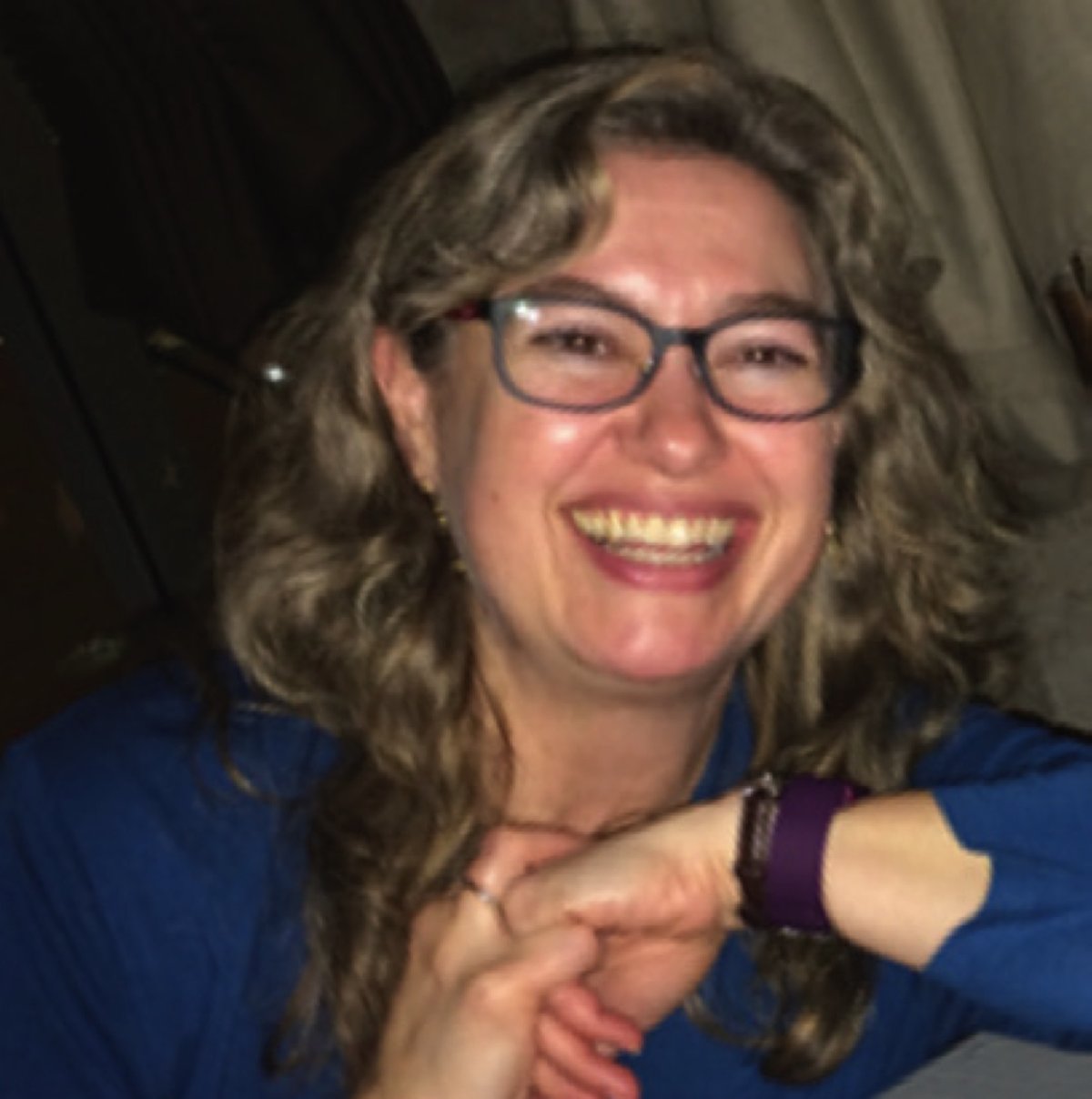Alumni achievement: Dr. Cindy Clague

Cindy Clague graduated with a PhD in Biomedical Engineering from the University of Minnesota in 1994. Her dissertation work with advisors Perry Blackshear, PhD, and Ben Liu, PhD focused on blood trauma and fluid mechanics. As an undergraduate, she received a BS in Mechanical Engineering from Northwestern University.
She is currently Research Director for the Heart Valve Therapies business within Medtronic Coronary & Structural Heart. Working at Medtronic since finishing at the U of M, Cindy has had the good fortune to work on a wide variety of products in which her career has evolved with the technology. Starting in Medtronic’s perfusion business, Cindy has worked on blood pumps, oxygenators, blood diagnostics, cardiac stabilizers and positioners, vessel harvesters, anastomotic devices, PFO closure tools, and transcatheter heart valves.
In her current role, Cindy leads a team of innovative scientists and engineers working in concept evaluation, technical feasibility, new therapy development, anatomical characterization, in-vivo and ex-vivo animal model creation, and valve biomaterials for structural heart therapies. She has more than 20 issued patents and many pending applications.
She was named a Medtronic Technical Fellow in 2007, a Medtronic Bakken Fellow in 2011, a U of M Institute for Engineering in Medicine (IEM) Industrial Fellow in 2015, and an American Institute for Medical and Biological Engineering (AIMBE) Fellow in 2016.
How did a PhD in BME influence your career path?
Getting to spend all my time immersed in biomedical engineering in graduate school felt like a luxury. Biomedical engineering has been my passion since hearing on the news about the first total artificial heart implant. Completing my PhD opened doors for me to pursue my passion in the research end of R&D at Medtronic.
My graduate work also kindled the creative inventor in me and taught me to first define the problem and then to identify the key questions to answer. With my training and interests, I’ve sought out the job opportunities that start at the fuzzy front end with a challenge to solve and an unknown answer.
What major changes do you foresee in the medical device industry in the next decade?
I see a shift to more personalized devices and to care along the whole continuum from diagnosis to recovery. Custom devices with 3D printing is redefining the trauma care paradigm with patient-specific implants created to perfectly match the patient’s own anatomy. Personalized devices will also be realized by a greater blend of mechanics and biologics in implants for the body to accept readily and to remodel into autologous tissue.
Both the advent of personal health monitoring and the increased focus on healthcare costs will drive the need to monitor and care for a patient from beginning to end. Devices will help diagnose, treat, and monitor patients throughout their care. Smart devices will also help optimize therapy to deliver the best outcome tailored to individual needs.
What is your advice to BME students aspiring to careers in the medical device industry?
Go for it! Working in the medical device industry is amazingly rewarding and fulfilling. At the end of the day, you can feel great about helping people and making a difference for patients and their families. The field is dynamic and ever-changing which keeps the challenges fresh and interesting.
Be sure to get a strong foundation in one classical engineering discipline but blend it with a solid understanding of physiology and anatomy. Remain curious and inquiring while maintaining the highest integrity in your work because literally a life may depend on it.